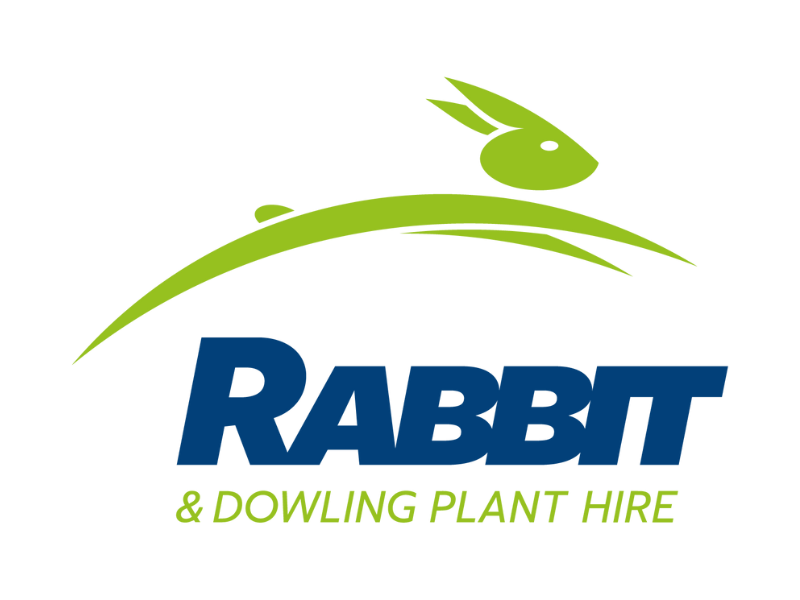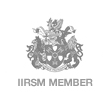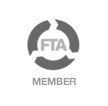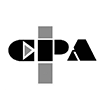Strong health and safety measures are a must on any work site, especially when plant equipment is in operation. Using the equipment safely ensures everyone has the protection they need, while also keeping members of the public away from any unnecessary danger. The Health and Safety Executive (HSE) lays out all safety practises that need to be followed when using plant machinery, and here we cover a few of the basics.
Machine maintenance
Maintenance and repair play a key role in ensuring the health and safety of plant operators and everyone else on site. A faulty machine can lead to serious harm being caused, so you must check that the equipment is in good working order before operations begin.
If checks are performed, and it is found that the plant equipment is broken or parts are missing, you should log this and contact the hiring company, so it can be replaced as quickly as possible. The equipment should also remain idle and not be used on-site in an unfit condition.
Risk assessment
A risk assessment should encompass both the area you are due to work in and the equipment itself. By identifying any hazards and risks that could occur, plant operators and other workers can minimise exposure to these areas and set up precautionary measures to reduce the threat of accidents. Risk assessments are the responsibility of both employers and workers, and when everyone is fully aware of the risks and hazards that are present on the job, then it makes for a safer environment.
Where there are five or more people employed, any significant findings should be recorded. There are some regulations that require risk assessments to verify the risks that derive from certain hazards, such as working from height, fire safety, hazardous substances and more. Even if there are fewer than five people employed, carrying out risk assessments is a good habit to form to enhance all-round safety on-site.
Equipment insurance
One of the first things you should do when hiring plant equipment is to take out insurance. From the moment you hire the equipment, you become responsible for its condition and must return it in a suitable state. Machines that are lost, damaged or stolen will be protected by an insurance policy, which ensures it does not have to be taken from the project budget. The plant hiring company has a duty to ensure the equipment is in safe working condition before it is handed over to a customer.
Most plant equipment hire companies will provide insurance as an additional extra. If you do not already have a policy that covers the tools, it makes sense to take out insurance as soon as you hire. Rabbit & Dowling can provide plant insurance at 15% of the hire rate, so you have full peace of mind while the equipment is in use.
PPE requirements
Every site should have strict rules relating to use of personal protective equipment (PPE). Whether it’s for operating plant machinery, assisting another worker or simply navigating the site, the following should be used:
- Safety helmets (which should feature the UKCA mark – CE marks are also still accepted). This is not a requirement if there is no risk of injury to the head.
- Steel or composite toe boots for foot protection
- Ear protection (for areas that are subject to high levels of noise or vibration)
- High-visibility clothing
- Eye protection (goggles, safety glasses or face shields, where appropriate)
- Gloves
Plant equipment in operation
When heavy-duty construction machinery is in operation, the operator needs to have complete visibility of the work area. This ensures they can identify the presence of any nearby workers and the arrival of anyone new to the area as they work. Most equipment features an idle switch, which enables the operator to turn the machine off quickly and safely, so they can quickly respond to the threat of any accidents that could occur.
Employers also have a legal duty to ensure that only authorised operators use equipment on-site and that drivers are in possession of appropriate licences (for example, Category G for road roller machines). When mobile plant equipment is not in use, it should be parked on firm, level ground, with any attachments also lowered.
Plant equipment for hire
Rabbit & Dowling is a specialist plant equipment hire company which always puts health and safety first. From rollers to dumpers, our machinery ensures you maintain efficiency on the job while helping you achieve the highest safety standards.
To find out more about our plant hire services, get in touch with our friendly team today on 01903 851957, email info@rabbitanddowling.co.uk, or leave us a message here.





